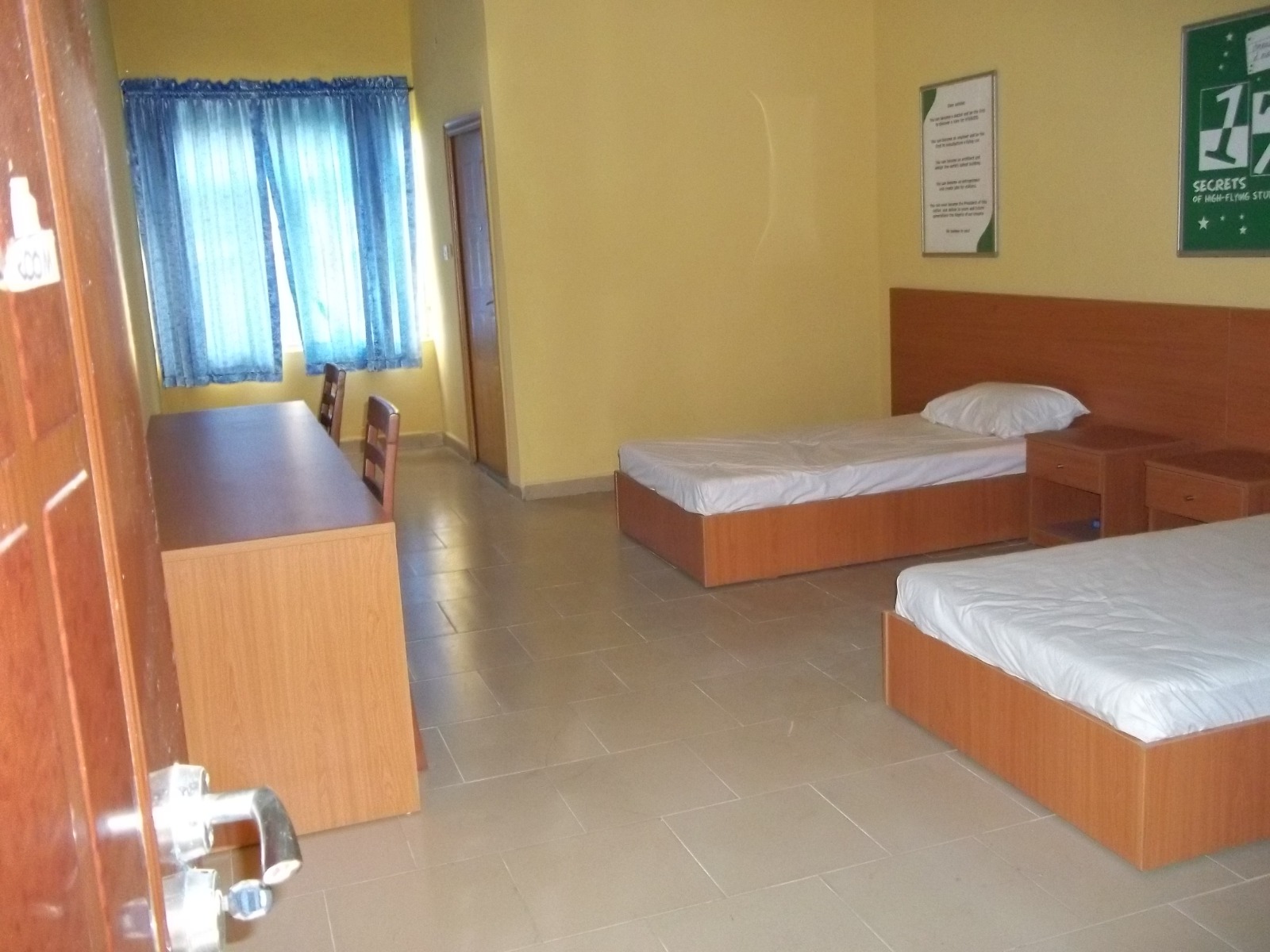
Image credit: American University of Nigeria
Introduction
Leaving the familiar grounds of on-campus living and transitioning to the life of an off-campus student can be an exciting but challenging experience. The newfound independence and autonomy come with a set of responsibilities that require adept coping strategies. Coping as an off-campus student involves managing various aspects of life, from maintaining a balanced routine to fostering a sense of belonging. This article aims to provide valuable insights into how to cope effectively and thrive while living off-campus.
- Establishing a Supportive Routine
One of the key factors in successful off-campus living is establishing a routine that suits your lifestyle. Unlike the structured environment of campus living, off-campus life requires you to create your structure. Create a schedule that includes time for classes, study sessions, meals, exercise, and relaxation. A consistent routine can help you manage your time better, reduce stress, and enhance productivity. - Effective Time Management
With the freedom to set your schedule comes the responsibility to manage your time wisely. Utilize tools such as planners, digital calendars, and time management apps to keep track of assignments, deadlines, and other commitments. Prioritize tasks based on importance and urgency, and allocate dedicated study time to maintain academic excellence. - Building a Support Network
Feeling connected and having a support network is crucial for mental and emotional well-being. Since you won’t have the constant presence of dorm mates or campus activities, make an effort to maintain and build relationships. Attend social events, join clubs or groups related to your interests, and connect with classmates to foster a sense of belonging. - Creating a Functional Living Space
Your living space plays a significant role in your overall well-being. Keep your living environment organized, clean, and conducive to studying. Personalize your space to make it feel like home, and designate separate areas for sleeping, studying, and relaxation. A well-organized living space can positively impact your mood and productivity. - Budgeting and Financial Management
Living off-campus often means handling expenses such as rent, utilities, groceries, and transportation. Develop a budget that outlines your income and expenses, and stick to it. Utilize financial management apps to track spending and ensure you are living within your means. This responsible approach will help alleviate financial stress. - Cooking and Nutrition
Preparing your meals can be both economical and healthy. Learn basic cooking skills and explore simple recipes. Plan your meals to avoid last-minute decisions that may lead to unhealthy choices. Prioritize a balanced diet that includes fruits, vegetables, whole grains, and lean proteins to fuel your body and mind. - Transportation and Commuting
Off-campus students often need to commute to campus. Familiarize yourself with local transportation options, such as buses, trains, or carpools. Plan your commute to ensure you arrive on time for classes and other commitments. Consider alternatives like biking or walking if feasible, which can also contribute to your physical well-being. - Self-Care and Stress Management
Balancing academic responsibilities with personal well-being is crucial. Practice self-care through activities you enjoy, such as reading, exercising, or practising mindfulness. Recognize the signs of stress and seek support when needed, whether through counselling services offered by your institution or seeking professional help. - Flexibility and Adaptability
Off-campus life can present unexpected challenges. Be prepared to adapt to changing circumstances, such as roommate dynamics, lease issues, or unexpected changes in transportation. Cultivating flexibility and problem-solving skills will enable you to navigate these challenges with resilience.
Conclusion
Transitioning to off-campus living is a significant step toward independence and personal growth. By establishing a supportive routine, managing your time effectively, building a strong support network, and prioritizing various aspects of your life, you can cope with the challenges and thrive in your new environment. Remember that the off-campus experience is a journey, and by applying these coping strategies, you’ll be well-equipped to make the most of it.
What’s your thought about this?
Kindly like and share.





















